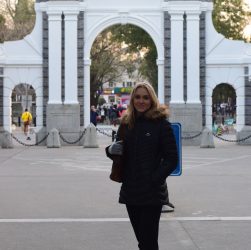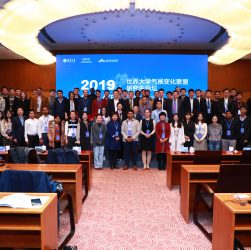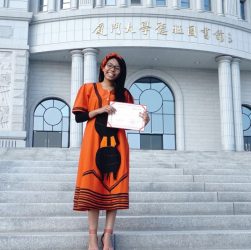Graduate Academic Forum of the Global Alliance of Universities on Climate at Tsinghua University in Beijing, China The following documents …


Graduate Academic Forum of the Global Alliance of Universities on Climate at Tsinghua University in Beijing, China The following documents …

Graduate Academic Forum of the Global Alliance of Universities on Climate at Tsinghua University in Beijing, China The Global Alliance …

China is an amazing country! It is very different to South Africa, so you should expect to be pushed out …